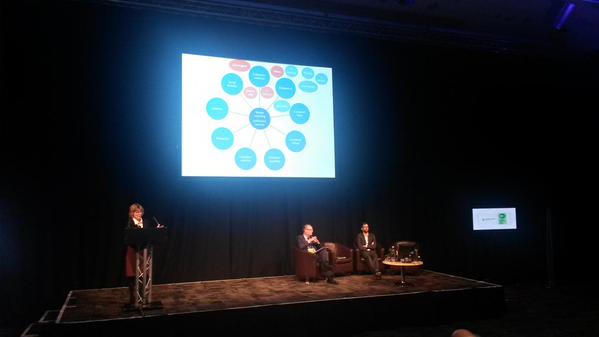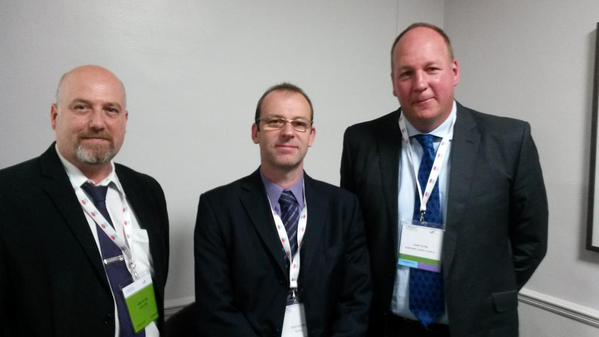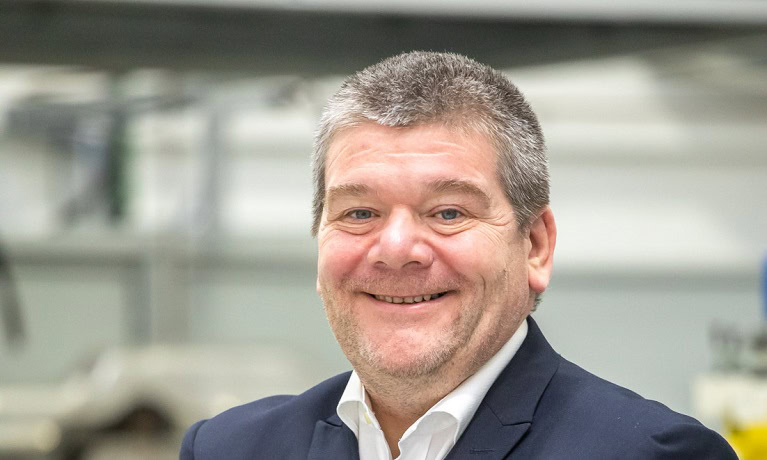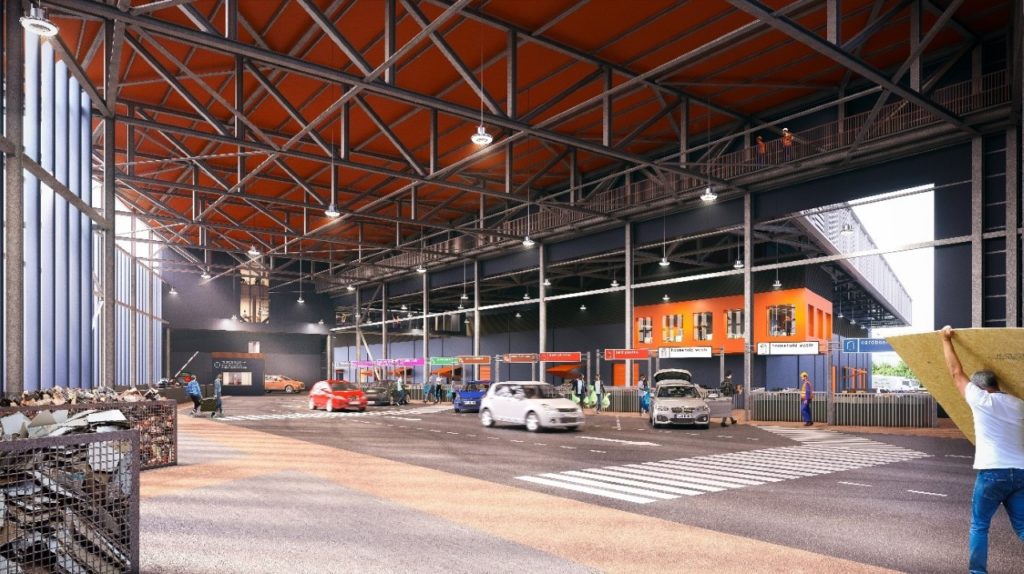Speaking at the final session of the two-day event yesterday (October 15), Linda Crichton, head of resource management at WRAP, confirmed that the organisation is spearheading government-backed research into collection consistency.

The Harmonisation and Consistency Working Group has been set up as part of recycling minister Rory Stewart’s bid to end the ‘madness’ around different collection regimes.
Addressing a fringe session at the Conservative Party conference this month, Mr Stewart claimed there are close to 360 different systems of waste collection across the country – leaving householders confused and councils missing out on potential cost savings (see letsrecycle.com story).
Confusion
Ms Crichton said that confusion surrounding particular materials – chiefly plastics and food waste – often crops up in her work for the Waste & Resources Action Programme.
She said: “You get an idea of how 360 ways of doing it comes about. Our new minister has picked up on that. He’s latched on to the idea of how we can be more consistent and he’s set a challenge to the sector. That challenge has been given to WRAP, we have been asked to create a strategic group to find out the desire to move to greater consistency for collections.”
Having gauged early local authority reactions, Ms Crichton said that the majority of councils agreed that move towards more consistency would reduce householder confusion, and there was general consensus it may increase recycling rates. However, less believed that harmonised collections would reduce overall costs.
Costs
Collection consistency was also a hot topic at the earlier ‘Whole System Costs for Waste’ session, chaired by LARAC’s John Coates and presented by NAWDO chair Steve Palfrey and Hampshire county council environment head James Potter.
Speaking on the future of Project Integra – Hampshire’s Waste Partnership – Mr Potter said there was now an opportunity to review county-wide dry material recycling specifications due to an extension of its disposal contract until 2030.

He said: “We have got a situation where five authorities are on weekly collections and eight are doing alternate weekly. We could look to expand the offering of commingled collections; there is plenty we could do just by standardising the system.”
Mr Potter went on to speculate whether an overhaul in waste management services could drive more householders to recycle.
“Why should waste be a public sector service?” he added. “That would drive a change in how the consumer behaves. We constantly shy away from making them think about their actions. On day one the [coalition] government threw out pay as you throw, on the last day it said we can’t charge at household recycling centres. Personally I think that’s the wrong direction.”
Suffolk
Commenting on the work done by his own council, Mr Palfrey said that Suffolk county council has a “fairly standardised system with wheeled bins and alternating weekly dry mixed recycling collections”. But, he added there was no consistency on organics waste collections, with two out of nine districts charging for the green waste service.
He said: “In terms of my budget its £4.5 million a year we spend on organics. If we moved to a chargeable scheme it would generate income and check off tonnage and thus reduce costs.”
Devolution
Mr Palfrey went on to hint that more inter-authority working could be in the pipeline with Norfolk county council and speculated that devolution could reduce costs. Suffolk currently treats residual household waste from Norfolk at its Ipswich incinerator under an interim contract.









The Recycling Rate goes up when a ‘free’ and easy kerbside collection of garden waste is instituted instead of householders having to find a library in their borough which is open when they are free to go there to pick up (paid for) bags.
Take away the ‘free’ and add a cost and all those people who were composting before it became ‘ free’ might well go back to composting but might on the other hand just choose to chop their garden down and concrete/pave it . It will just squeeze the problem somewhere else. You can’t just expect to pick up a payment from all those who are using the kerbside collection. Think outside the box!